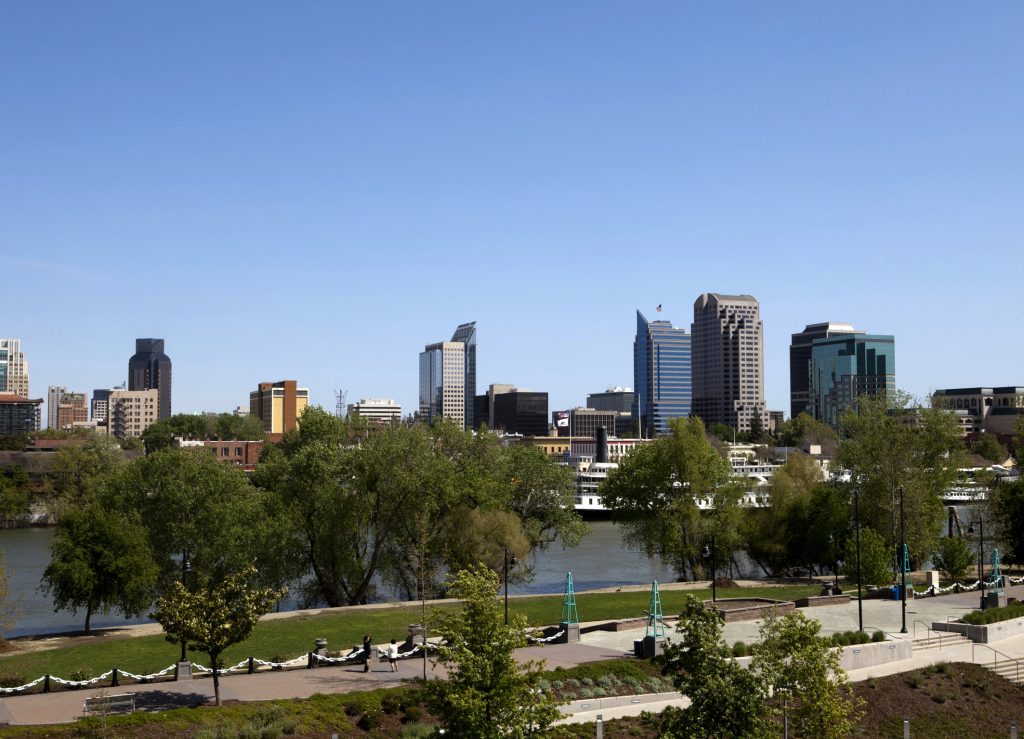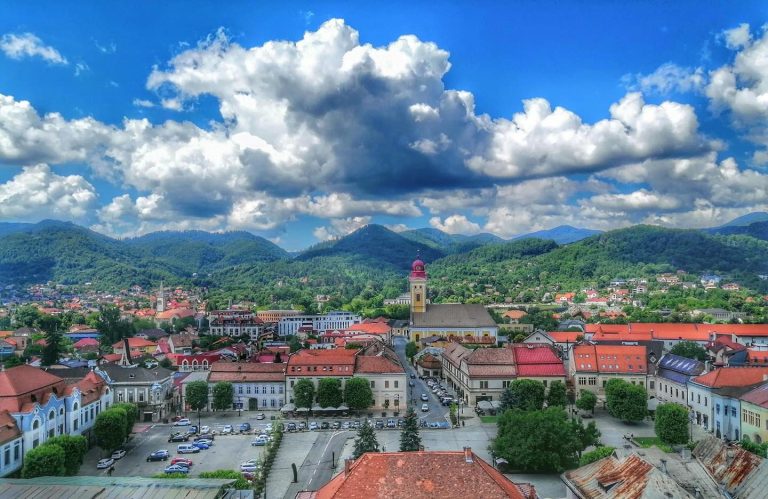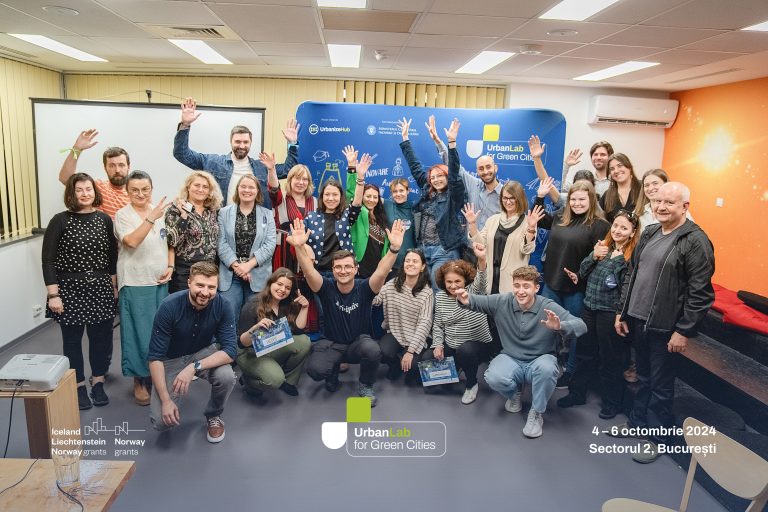Sacramento is a far more manageable city than Los Angeles and that is why Volkswagen expressed its interest in establishing an electric vehicle carsharing network here, rather than in the sprawling city down south. This initiative is part of the $14.7 billion settlement that Volkswagen has reached with state and federal officials in 2016 after the diesel emissions scandal. Of the $14.7 billion, Volkswagen is to spend $800 million over the next decade promoting electric car usage in California.
$44 million of this total is devoted to building its first “Green City” in California, by heavily investing in a network of electric vehicle charging stations and electric vehicle carsharing services. The network will eventually, it is assumed, provide a lower-income demographic of the population with the opportunity and the benefits of driving zero-emission vehicles.
Sacramento was chosen as the locus of this project in March 2017, as the first of four potential Green Cities. Los Angeles was also considered, community leaders arguing in favor of its higher population and global recognition. However, L.A. is also struggling with crippling traffic, congestion, and lengthy commutes due to the sprawl, while Sacramento’s advantage is that it is clearly less spread out.

Volkswagen eventually decided to stick with Sacramento. The company’s choice is also subject to approval by the California Air Resources Board, which helped uncover the diesel scandal and is currently overseeing Volkswagen’s initiatives and projects.
In April 2017, Sacramento’s Mayor, Darrell Steinberg, brought up the possible partnership trying to announce an attempt to lift the reputation of California’s capital city as a place for technology and transport innovation. Some work has already been done to prepare Sacramento for the onset of autonomous vehicles and Steinberg pointed out its average size, which is appropriate for testing new technology and bringing it to scale.
Besides some beliefs that the network will not do enough to serve low-income residents, the approval seems imminent and the city has already illustrated its interest in the EV carsharing network by recently launching such a carsharing program for public-housing residents.
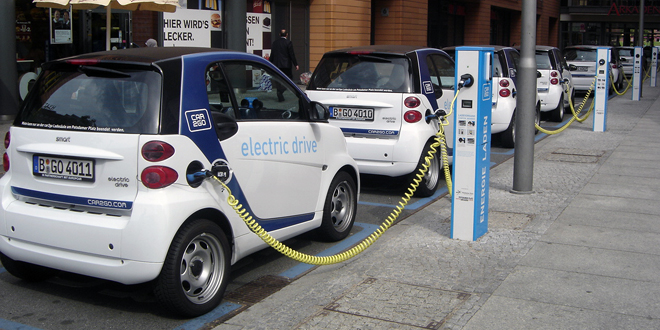
Mark McNabb, president of Volkswagen’s Electrify America subsidiary, acknowledged to such a car-sharing program being one of the only ways of making electric cars available to moderate- and low-income motorists. McNabb clearly mentioned L.A.’s monstrous sprawl as the reason for opting for Sacramento, and added that the experience of implementing this project here for the first time will be a good lesson for further applications in larger cities. Volkswagen plans on designating a second Green City in a few years, while discussions with Los Angeles will continue.
The air-pollution agency advised Volkswagen to rethink their investment and devote a larger portion of it to low-income communities suffering from air pollution. Advocates of environmental justice are accusing the auto manufacturer of steering the program to affluent communities, but several bills regulating the way the funds are spent have already been issued.
Volkswagen is expected to begin installing car-charging stations in early 2018. The company also plans on installing car-charging stations throughout Fresno, a city that was left out of the earlier plan. This is considered to be a great first step in expanding the program into Central Valley. Finally, the entire initiative proves that Sacramento does indeed have a reputation as a place to look at in the markets of alternative energy, innovation and technology.
Sources: The Sacramento Bee, GovTech
Photos: CBS, Chargedevs, Siemens

